You have actually four options to choose from in backing up your files.
1) usb flash drives
- These are the most portable because they can be as small as the fingernail on your toe but never bigger than your index finger. They are always plug and play and all you have to do is just drag and drop or copy paste the files to the flash drive. With it, you can also easily erase and replace files.
It is available in storage sizes of 1GB, 2GB, 4GB, 8GB, 16GB, 32GB, 64GB. (Note: 1GB = 1024MB so nowadays never buy anything less than 1GB like 512MB)
2) usb hard drives
- These can be around 2.5" to 3.5" in length. The real portable small usb hard drives gets power only from the computer while the slightly bigger hard drives would require to be plugged in a power supply. However the larger usb hard drives can boast of lower cost and faster file transfer rates compared to the non-plugged in portable usb hard drives. Like the usb flash drives it is easy to add and replace content, just drag and drop or copy paste files.
They are available is incredibly higher storage size denominations compared to usb flash drives. If you want you can already have 2 Terabyte (TB) but of course it will be pricier than a usb flash drive. (Note: 1TB = 1024GB)
3) CD/DVD
- Prices of CD/DVDs are significantly cheaper compared to a usb flash drive or usb storage drive. But long run cost of storage depends on your use. If you are targeting to distribute content then this is easy if it is okay for you to giveaway CD/DVDs. If you want to share but don't want to pay anything then online storage or distribution would be better.
CDs can only hold around 700MB worth of data while a DVD is around 4.37GB. You might have heard of CD-RW or DVD-RW. RW means that the CD/DVD is special because you can continuously reuse it - erase and add files - much like a usb storage device. DVDs also have other types, if you are interested you can pursue reading from here.
4) Online
- You can actually use your Gmail account to store your data. At the moment they provide around 7GB of storage and they are continuously increasing it. Just compose a draft email and attach all the files you want to back-up here. The good thing about putting your files online is you can immediately access it anywhere on any computer with internet connection. No need to bring any usb storage or cd/dvd with you. Of course this is bad if you think about it in terms of security. So I will not suggest you use this option on company or business files which may contain sensitive information. Even if Google is a big and secure gaint in the IT world, it is still best to be vigilant about security.
If you want to distribute or show your pictures and videos then social networking websites such as Facebook will come in very handy as well. But if your contacts don't have an account there, no need to require them to join. You can always email with Gmail.

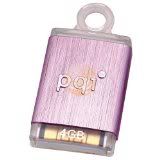

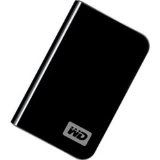
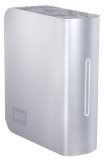
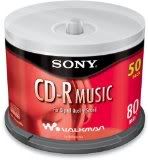
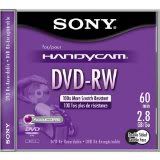
Very informative and worthy post. Thanks for the sharing such a precious updates with us.
ReplyDeleteLenovo - 14" ThinkPad Ultrabook - 8 GB Memory and 256 GB Solid State Drive - Black
Lenovo - 14" ThinkPad Notebook - 4 GB Memory and 128 GB Solid State Drive - Black